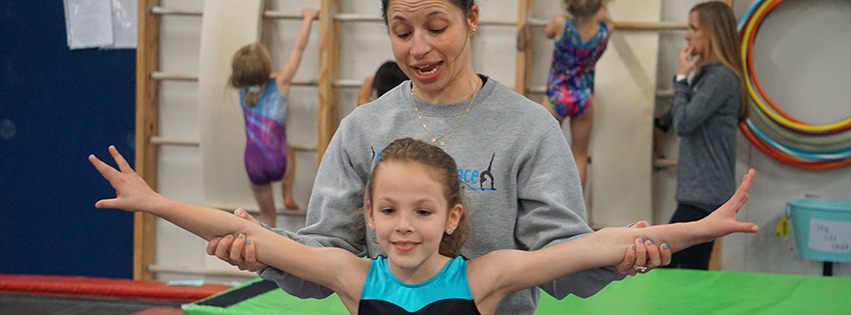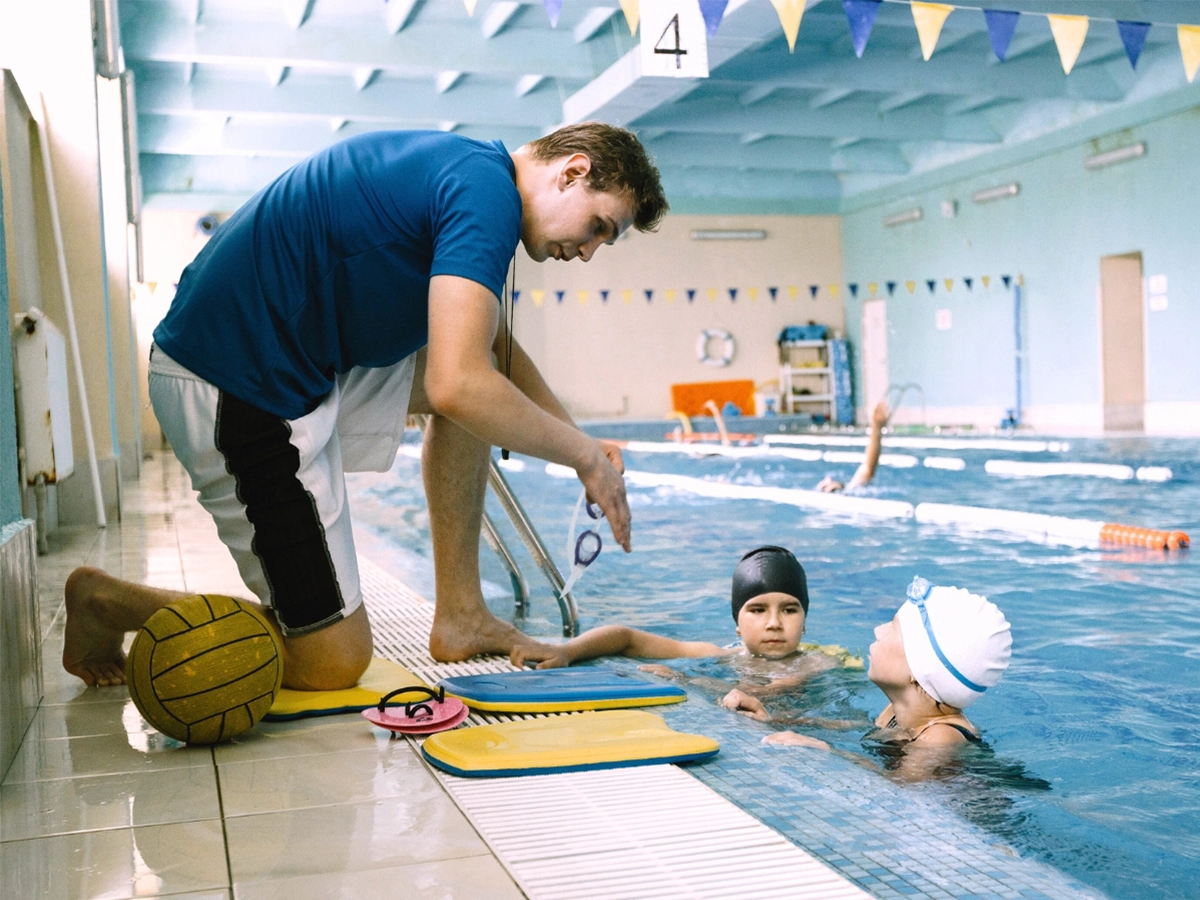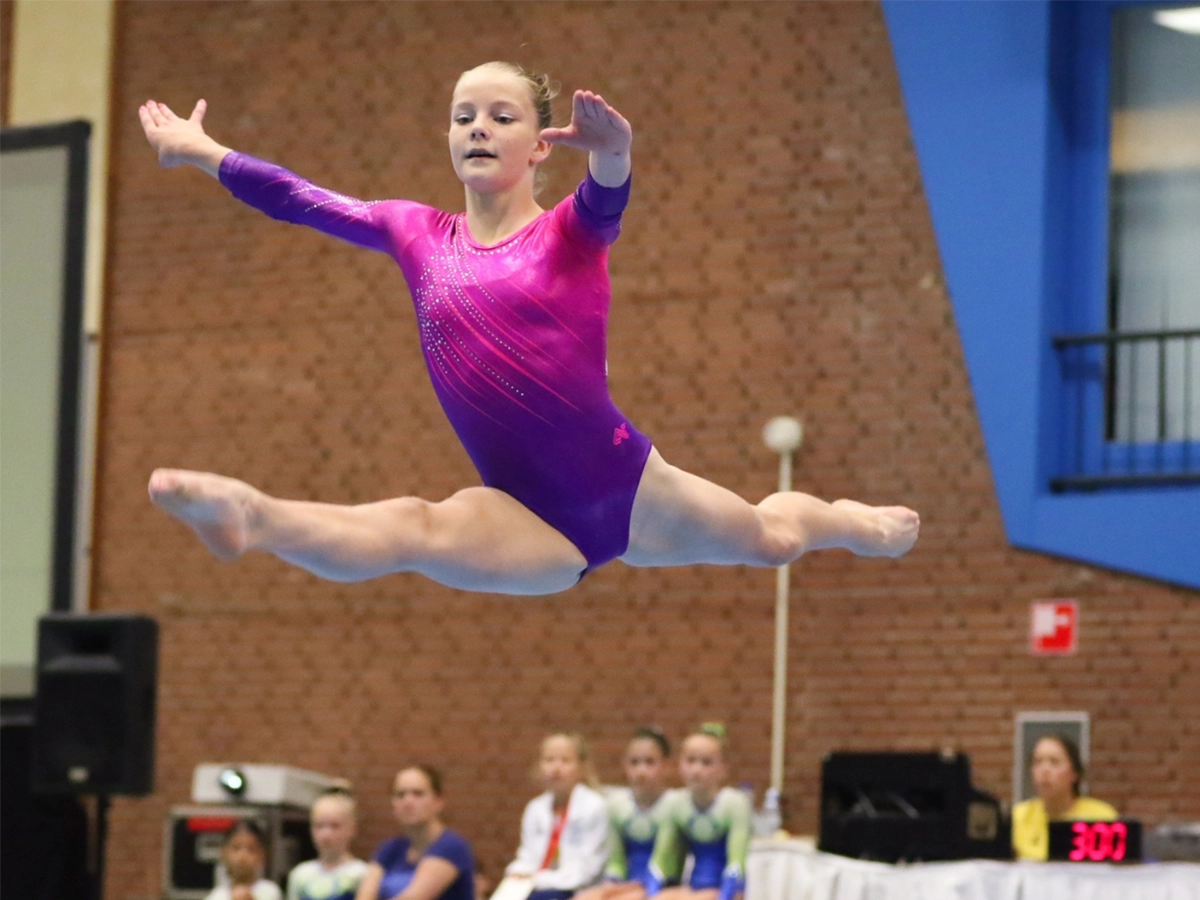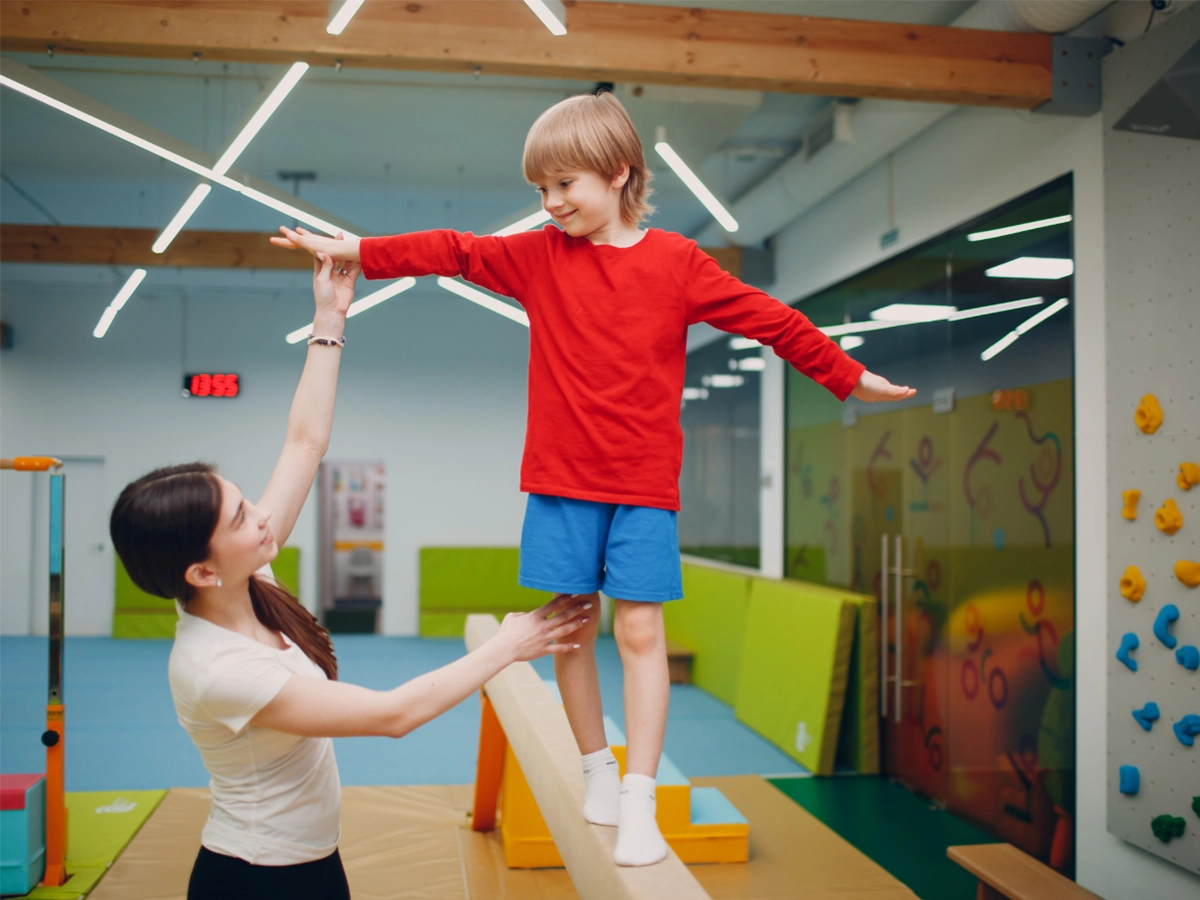Progressions are Critical to Skills Development for Gymnasts and Cheerleaders
Progressions are the steps that should be accomplished in the process of learning new skills. It’s the path that makes it possible for gymnasts and cheerleaders to master their final goals. Progressions are also important because they require that one step is competently learned before continuing to another – ensuring that basic skills support challenging ones. Skipping over mid-level steps can result in difficulty in performing challenging skills and can also be harmful to gymnasts’ and cheerleaders’ health as injuries can happen when moves are done incorrectly.
Progressions help problems and issues with form and alignment to be clearly understood.
Tumbling, stunting, balancing, jumping, and dancing require extreme precision. Progressions pinpoint the tiny details that make a tremendous difference in performance and advancement.
- Progressions can helps to uncover reasons why stunts keep falling or why tumbling isn’t quite right.
- Progressions make learning advanced skills easier in the future.
Overcome frustrations and follow this methodical process.
While its methodical nature may be frustrating, it is important for gymnasts and cheerleaders to follow progressions. It helps to create the clean, well-executed skills that judges want to see.
Gymnasts and cheerleaders must find the right balance between difficulty and execution. Usually execution trumps difficulty. Higher scores are regularly awarded to teams that hit stunts tight, strong and clean than are awarded to teams that try to do daring stunts that show a lack of confidence.
Ensure clean stunt execution for your gymnasts and cheerleaders by take these two steps:
- Break apart the skill and drill each section as separately as possible.
- Slowly combine those parts until it creates a whole sequence.
Progressions instill confidence and safety.
If gymnasts and cheerleaders skip progressions, they don’t go through the proper process for developing confidence in their skills and for safely performing them. Only moving on after feeling comfortable with the present progression level is critical to developing confidence and executing with safety. A lack of confidence can also cause mental blocks to set in: another reason that progressions are critical!














